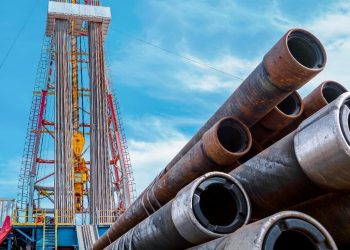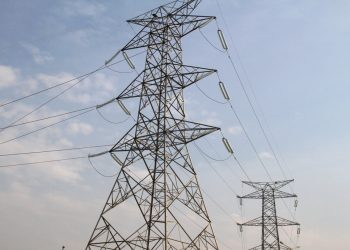
Namibia’s continued dependence on electricity imports will persist and likely result in higher tariffs unless the country urgently develops a national base load power plant, NamPower Managing Director Simson Haulofu has warned.
Speaking before the Parliamentary Standing Committee on Economy and Public Administration as part of the Productivity Task Force on Energy, Haulofu said Namibia’s current approach to energy development is unsustainable.
“The reality is that this country has not developed a proper base load power plant in decades, possibly since the days of Van Eck and Ruacana,” he said.
“Without a strong domestic base load, we will always remain dependent on others. This situation cannot be solved through small-scale projects, donor-driven initiatives, or scattered loans. What we need is a serious, nationally backed plan, one that identifies viable candidate projects for base load generation and prioritises funding them.”
Namibia currently imports most of its electricity from South Africa and through the Southern African Power Pool, a reliance Haulofu said exposes the country to supply disruptions and high costs.
While the country has seen rapid growth in renewable energy projects, including a new 100 MW solar plant valued at over N$1.6 billion, Haulofu noted that such developments alone are not enough.
“Solar energy is booming, yes, but we are already exceeding the safe limit of how much solar we can integrate without destabilising the system.The intermittent nature of solar makes it unsuitable as a primary source without the necessary grid support,” he said.
He added that Namibia currently lacks the infrastructure to provide key ancillary services such as voltage and frequency control.
As a result, he said, these services are being sourced from other countries that have the required spinning machines and support systems.
Haulofu said the need for a reliable, large-scale generation source is now urgent, with nuclear, gas or another stable option being considered among the possible solutions.
“If we do not make this a national priority, we will continue to spend billions on short-term fixes like transmission upgrades and renewable integration, while remaining dependent on foreign power,” he said.







